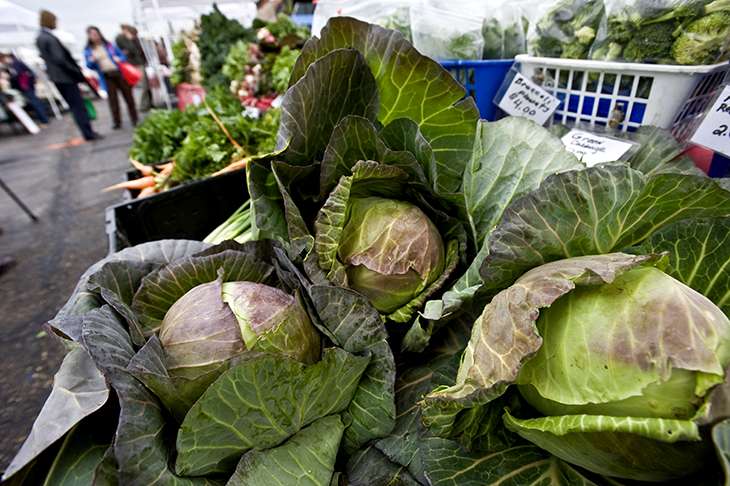Selling consumers on healthy eating

Tulane University School of Medicine has opened up a new front in the battle against obesity and diet-related disease: the kitchen. While food and nutrition are the focus of the Goldring Center for Culinary Medicine, the center also incorporates research from other disciplines, including business.
Dr. Timothy Harlan, Goldring Center executive director, has been working with Harish Sujan and Mita Sujan, marketing professors at the A. B. Freeman School of Business, to use insights from consumer behavior research to help doctors communicate health recommendations to patients more effectively.
Their most recent study investigates how fit individuals achieve health-related goals.
"There's a lot of research that looks at self-regulation, but researchers have not systematically studied what good self-regulators actually do in life," says Mita Sujan, who holds the Malcolm S. Woldenberg Chair of Marketing. "We're trying to figure out what people who are good self-regulators do to regulate their eating and then build those skills and strategies into the curriculum."
Sujan co-authored a study in the Journal of Consumer of Psychology that looked at what successful participants in an exercise program did to achieve their goals. She discovered that good self-regulators also tend to be good planners.
"What we show in the paper is that giving people planning aids is really big," Sujan says. "It really, really drives their ability to self-regulate."
Sujan says that individuals who have difficulty self-regulating can significantly improve their outcomes by focusing not on distant goals—such as lowering cholesterol or losing weight—but rather on specific short-term strategies. Those tactics include planning ahead (such as packing a lunch instead of dining out), substitution (opting for fresh fruit instead of cake), moderation (ordering a small size instead of a large), restraint (eating only half a dessert or entree), and developing intrinsic interest (resolving to find a recipe to make a better-tasting, healthier dessert).
More information: "Temporal Mindsets and Self-Regulation: The Motivation and Implementation of Self-Regulatory Behaviors." (November 13, 2014). Journal of Consumer Psychology, 25(2), 231-244. Available at SSRN: ssrn.com/abstract=2589100


















